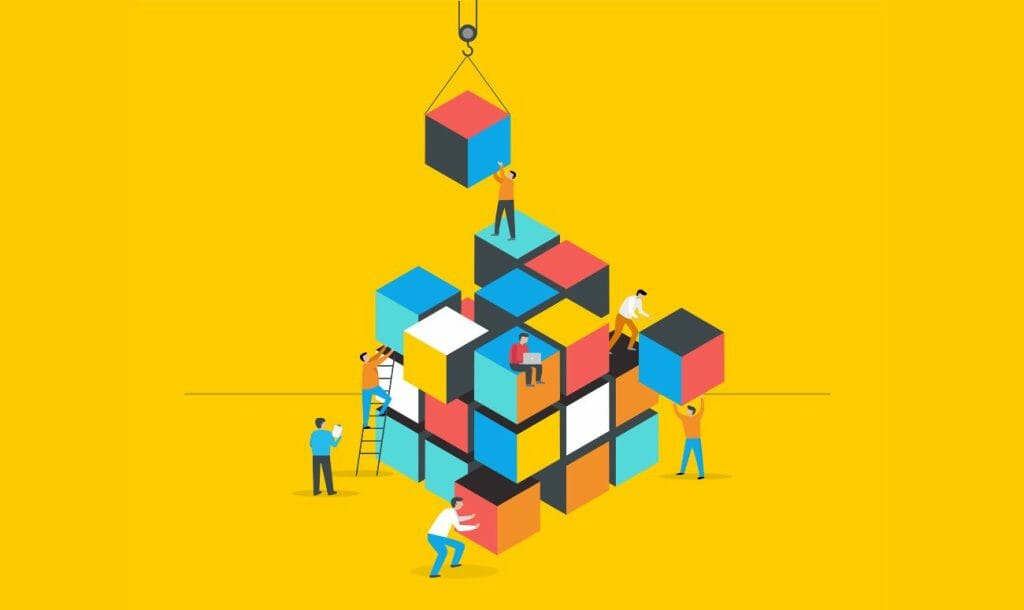In life, we are often faced with situations that are overwhelming, complex and bring about a great deal of stress, intimidation and fear. Our body’s usual response to these situations is to release hormones that deal with stress. Even though these hormones have a purpose, when released for long periods, they have a negative impact on our body and can cause great pain and discomfort for us. We are aware of how benefits of meditation can extend from improving health, reducing stress and bringing a sense of inner peace to the mind and spirit. But did you know that it can also aid problem solving skills development and strengthen decision making?
How Meditation Aids Problem Solving Skills Development?
Meditation here refers to a large number of techniques, even very different from each other, whose task is to bring complete awareness of the present moment. Recent studies have unveiled that various forms of meditation can alter our minds in a variety of beneficial ways, such as freeing the mind from distractions, boosting attention span, relieving pain, sharpening the mind, enhancing mood and mental toughness. With that, it also helps modify our problem-solving skills making us more reflective, consequently increasing our propensity towards the use of the logical approach in solving problems. Here’s how.

1. Think objectively
The central practice of meditation is mindfulness, i.e. becoming more aware of your own consciousness and thereby expanding its reach into your daily mental life. Meditation can help put information in context by enhancing your overall perspective. Mindful decision makers are also more likely to recognise the limits of their knowledge and to objectively assess uncertainty. In fact, research has found that people who are more mindful have a greater tolerance of uncertainty and are more decisive when faced with making a choice despite many unknowns.
Must-Read: How to Centre a Wandering Mind with Focus Meditation?
2. Avoid information load and enhance focus
Meditation involves mindfulness which can help you avoid information overload by enhancing working memory and cognition. It can also help you to focus your efforts on gathering the most relevant information available; which is more likely to be in accordance with a correctly framed decision and your long-term aims.
People who are regular meditation practitioners had heightened attention and concentration span.

3. No-thought-stage
Meditation helps you to focus on a single perception or experience, a no-thought stage, which is often detoxifying for the mind to unleash into an absolute state of calm. This is imperative as it enables the body and mind to synchronize together to unravel and unwind. In this state, you’re calm from within, and your mind can think about whatever problem is bothering you from a deeper elemental level. Your analytical perspective broadens and decisions made after are rational as it is propelled by a stable and settled brain.
4. Helps with cynical thinking
Meditation also helps us make less automatic, less blinded by our habits and past experiences, and enables us to better consider alternatives, to experience things in a fresh way, and with more of a ‘beginner’s mind perspective. In all it helps us break our habitual thought patterns and enables us to escape the cyclical thinking and reach a new perspective.
Student or otherwise, this quick & easy meditation will help you cultivate focus and concentration.
Bottom line:
When it comes to mental health, every little step counts. Although meditation alone won’t solve life’s problems, it can however have a detoxifying effect on our hearts and minds, helping us cultivate the mind-set needed to take decisions.
About the author:
Suhasini Jha is a Mumbai-based ex-journalist who has previously worked with Firstpost and Moneycontrol.
Read More: 3 Thought Exercises To Improve Mental Health
Like & Follow ThinkRight.me on Facebook, Instagram, Twitter, Pinterest and Telegram to stay connected






























